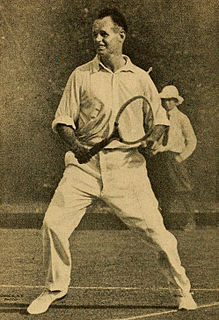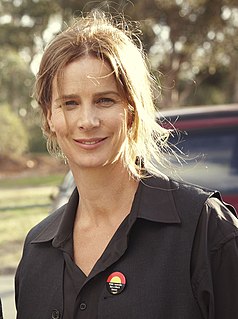Цитата Жоржа Батая
Сущность нравственности — вопрошание о нравственности; и решающий шаг человеческой жизни состоит в том, чтобы неустанно использовать весь свет для поиска источника противоположности между добром и злом.
Связанные цитаты
Приостановка морального суждения не является аморальностью романа; это его мораль. Мораль, противостоящая неистребимой человеческой привычке судить мгновенно, беспрерывно и всех; суждения до и в отсутствие понимания. С точки зрения мудрости романа, эта пылкая готовность судить есть самая отвратительная глупость, самое пагубное зло.
Разговоры о морали могут быть оскорбительными. Мораль - неполиткорректный предмет. Многие люди искренне обижаются, если кто-то говорит о морали и семейных ценностях. Ничего страшного, если вы расскажете о своих сексуальных фантазиях и отклонениях. Это называется «освобождение». Но вас бы осудили, если бы вы говорили о морали публично. Тогда вас обвинят в попытке навязать свои ценности другим.
Некоторые люди думают, что для того, чтобы вести нравственно достойную жизнь, иногда приходится отказываться от возможности иметь хорошую жизнь самому. Даже если это так, это не делает мораль невероятной, но поднимает вопрос об авторитете морали: о том, что у человека больше всего оснований делать, когда он сталкивается с конфликтом такого рода.
Важнейшим человеческим стремлением является стремление к нравственности в своих действиях. От этого зависит наш внутренний баланс и даже само наше существование. Только нравственность в наших поступках может придать жизни красоту и достоинство. Превратить это в живую силу и довести до ясного сознания, пожалуй, первейшая задача образования. Основу морали не следует ставить в зависимость от мифа или привязывать к какому-либо авторитету, чтобы сомнения в мифе или в легитимности авторитета не поставили под угрозу основу здравого суждения и действия.
Жизнь состоит из двух вещей. Жизнь — это мораль, жизнь — это приключение. Сквайр и мастер. Приключения правят, а мораль ищет поезда в Брэдшоу. Мораль говорит вам, что правильно, и приключения двигают вас. Если мораль что-то и значит, так это соблюдение границ, соблюдение импликаций, соблюдение имплицитных границ. Если индивидуальность что-то значит, то это означает нарушение границ – приключение.
Общество опосредует крайности, с одной стороны, невыносимо строгой морали, а с другой — опасно анархической вседозволенностью, посредством негласного соглашения, по которому нам разрешается нарушать правила строжайшей морали, если мы делаем это тихо и незаметно. Лицемерие — это смазка, которая поддерживает нормальное функционирование общества, допуская человеческие ошибки и примиряя кажущиеся непримиримыми человеческие потребности в порядке и удовольствии.
Хотя я не христианин, я был воспитан христианином. Я атеист, с небольшим уклоном в буддизм. У меня очень сильно развито чувство морали - это просто иная мораль, чем громкие голоса христианской морали... Не могу вам сказать, сколько фильмов я отверг из-за отсутствия морали. И я не имею в виду это с какой-либо иудео-христианской-мусульманской точки зрения. Я не говорю, что они неправильные и не могут быть сделаны. Но, по сути, я такой гуманист, что не могу снимать фильмы, которые заставляют нас чувствовать, что человечество более темное, чем светлое.






































